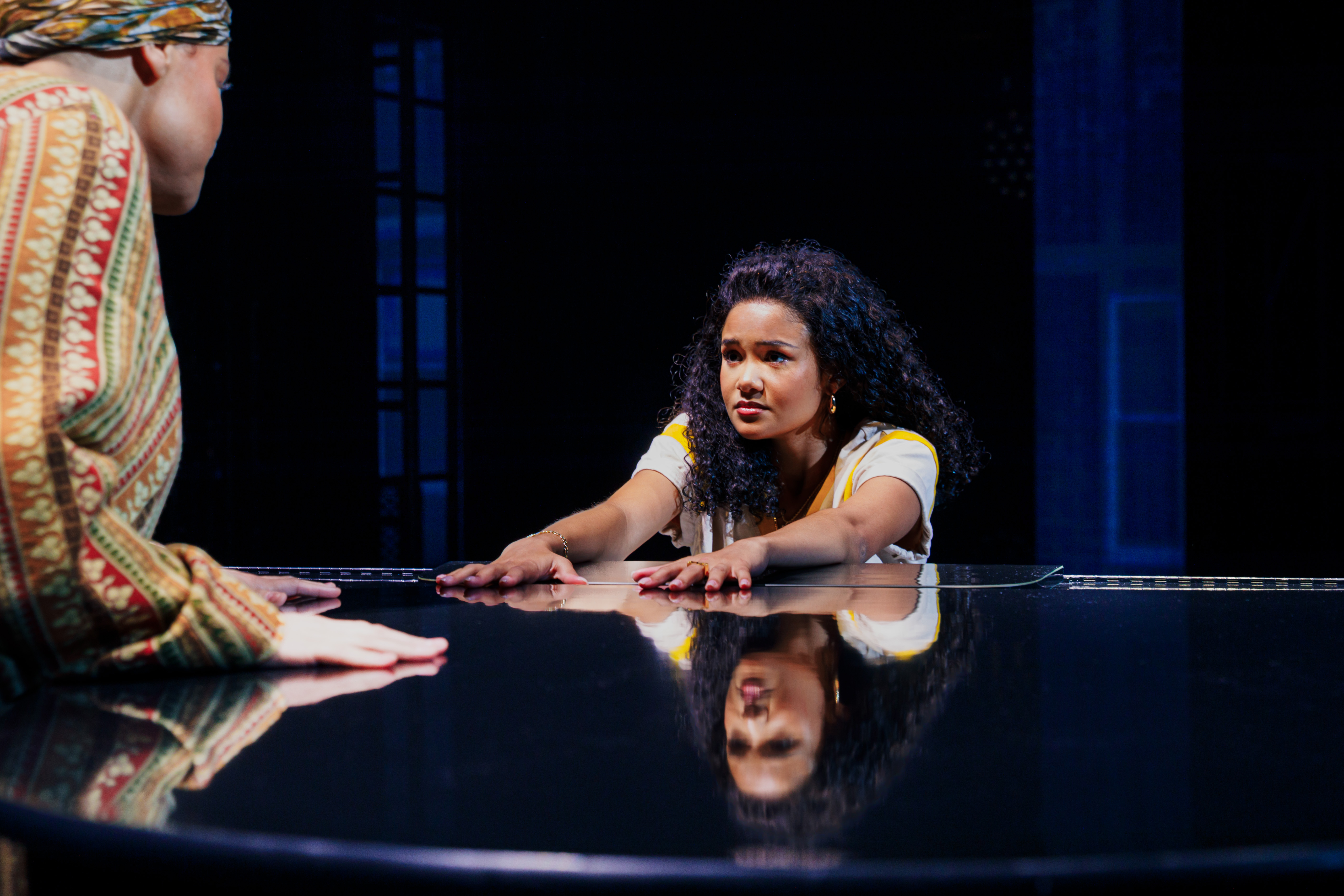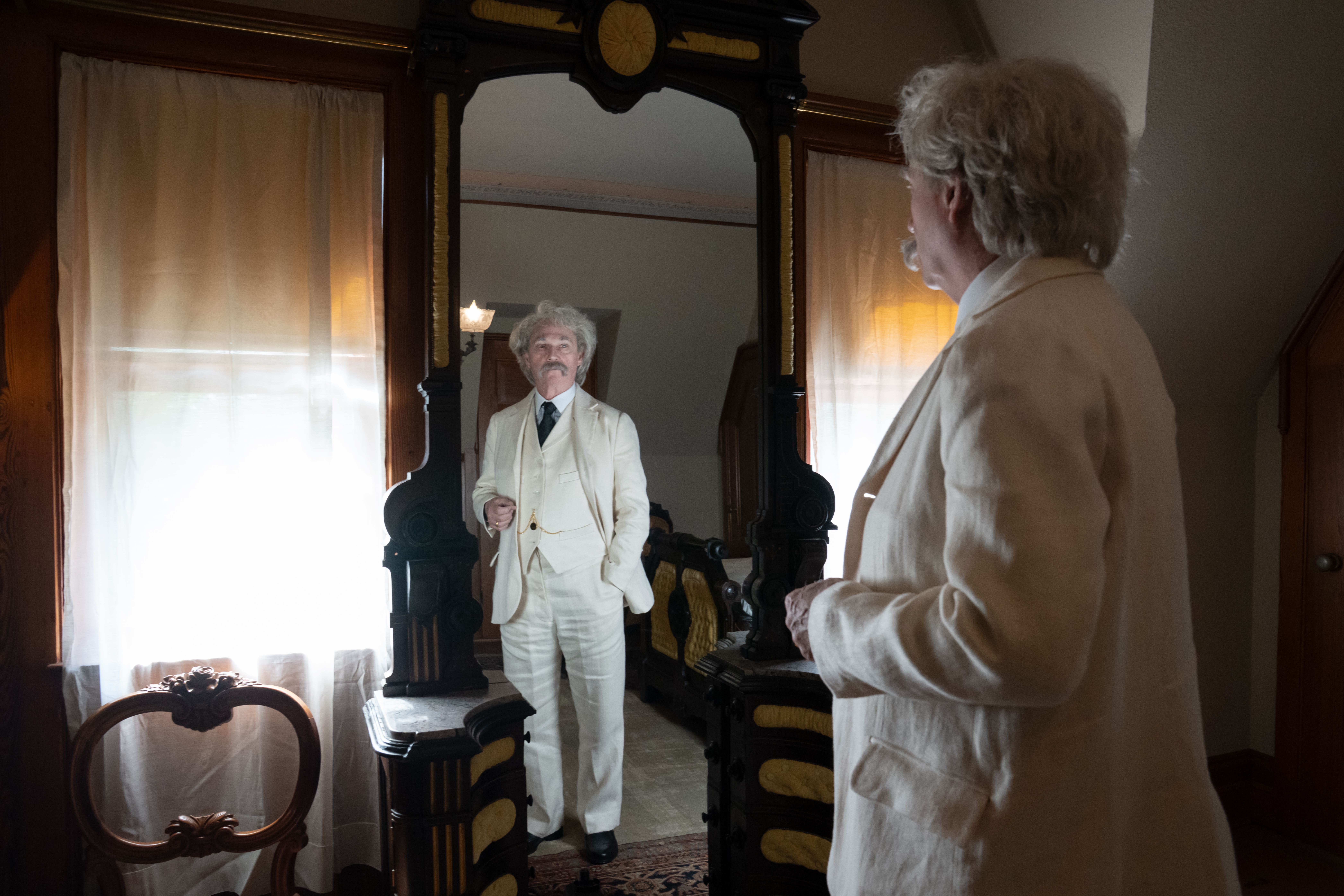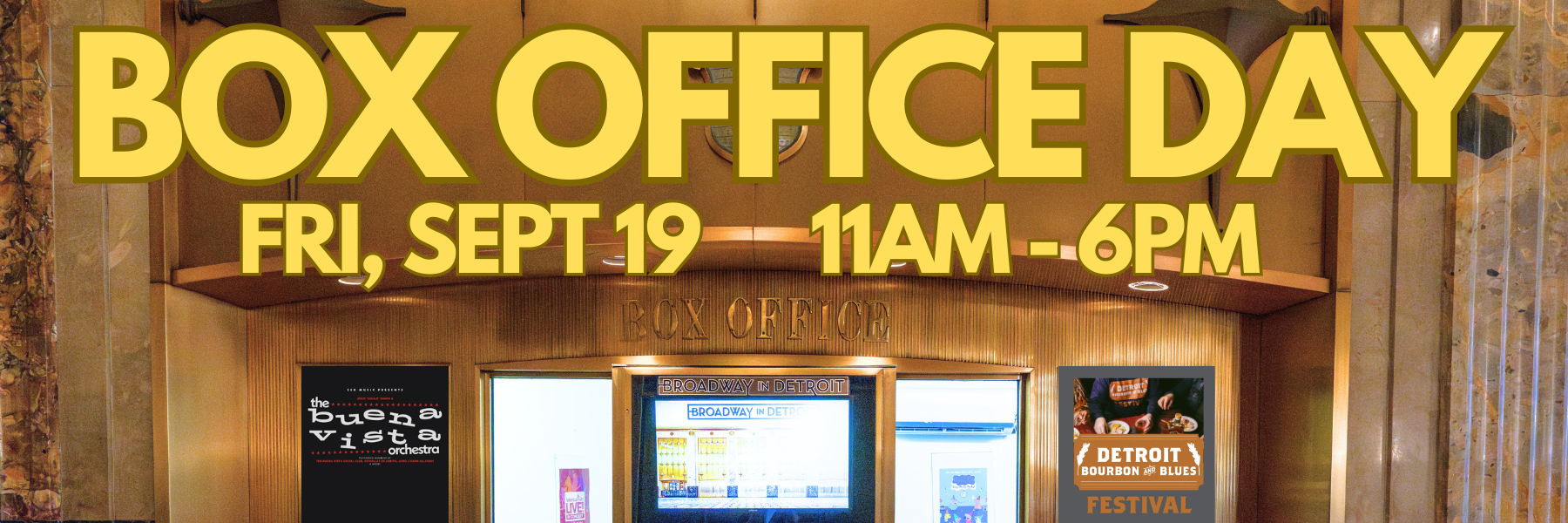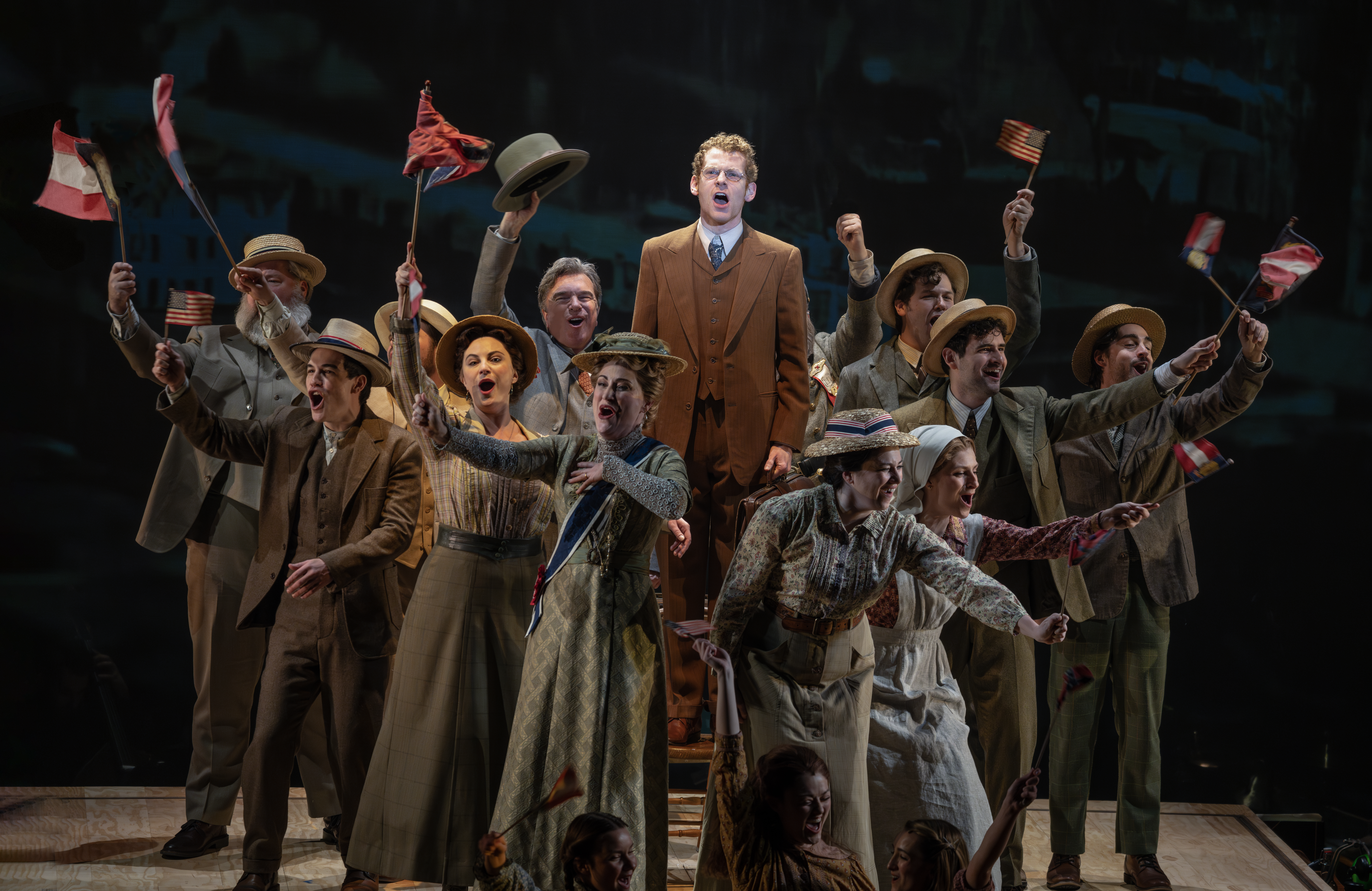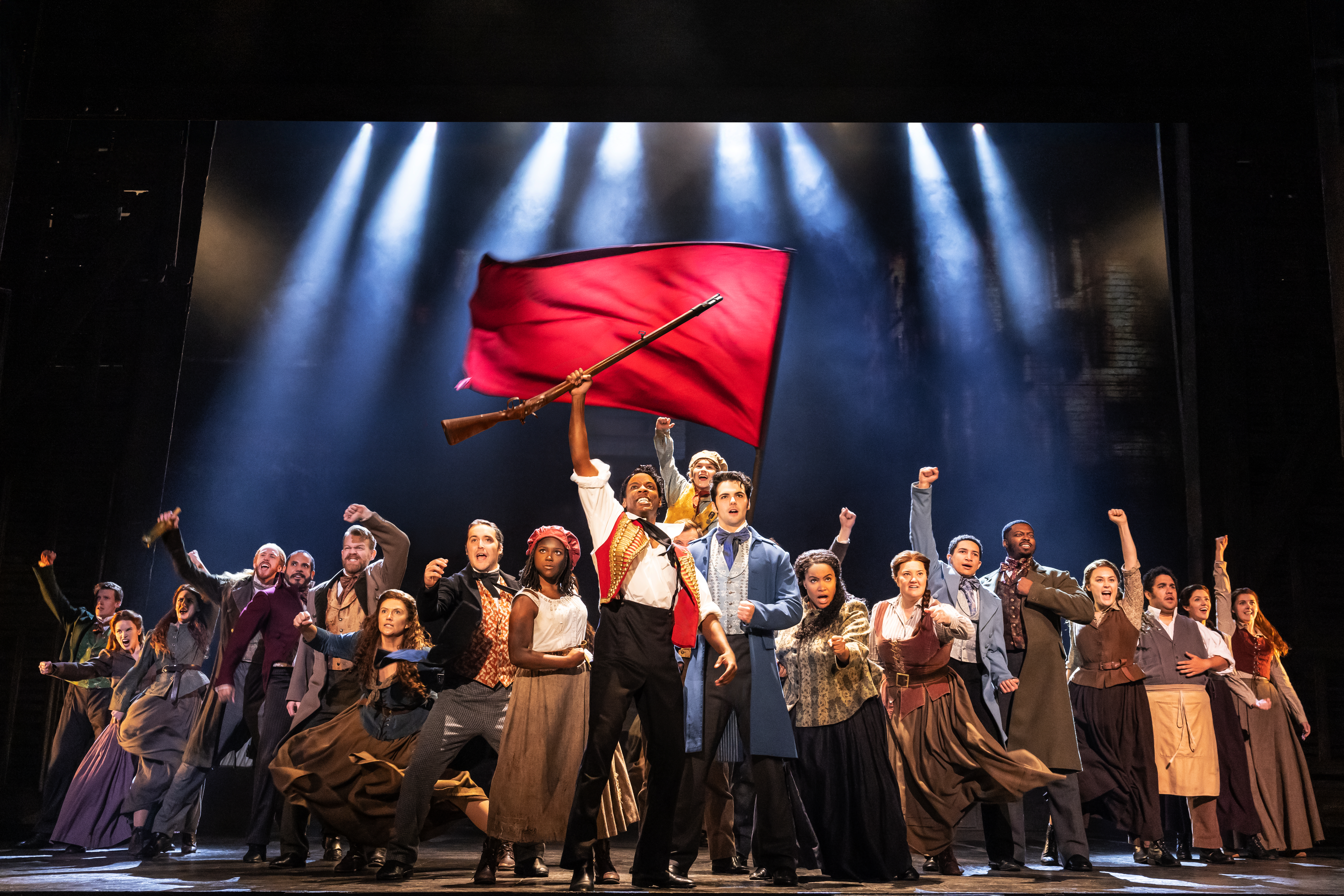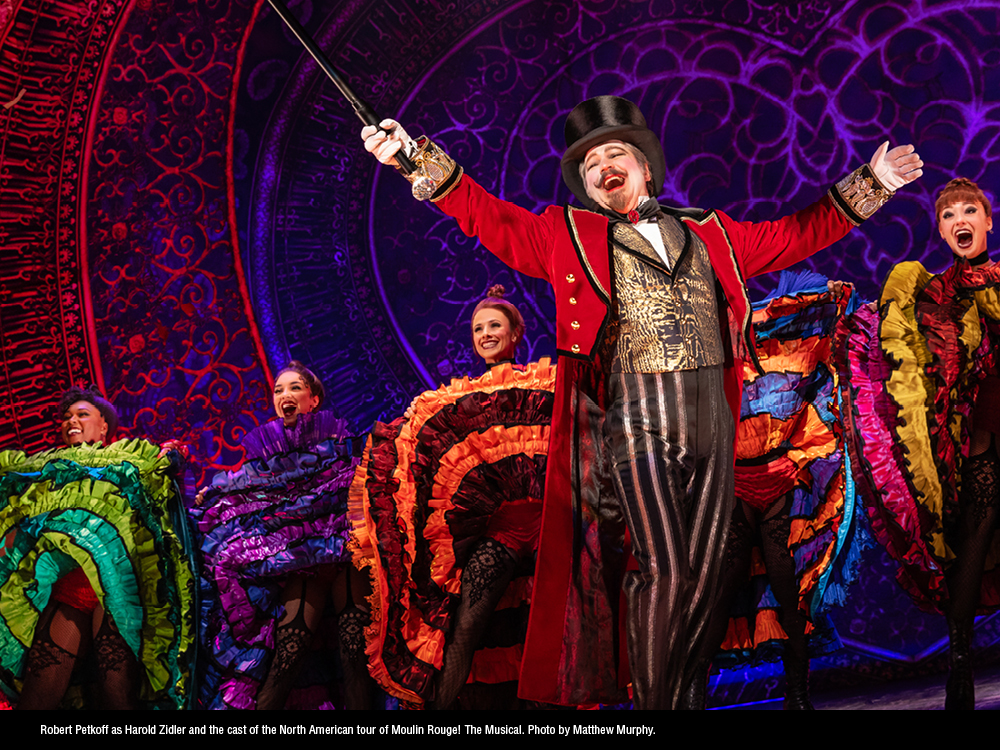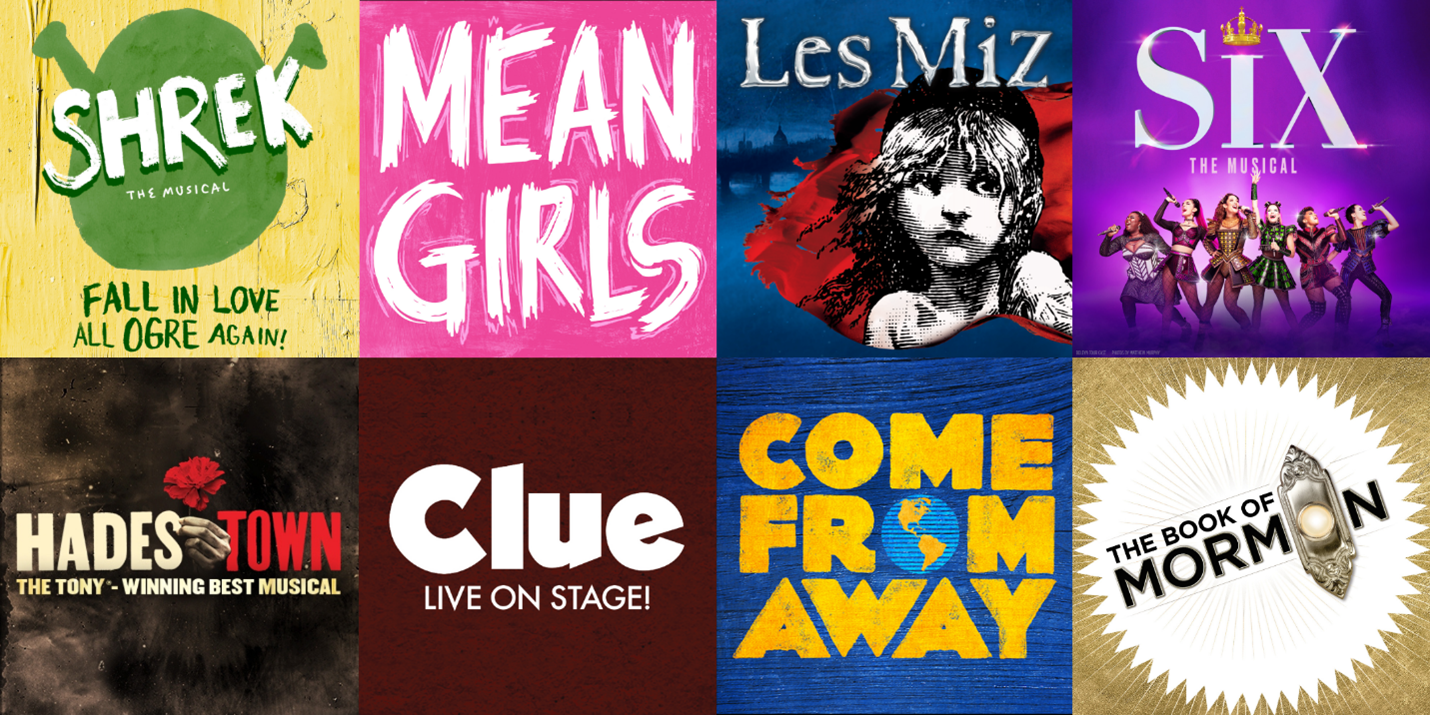News
Media Press Room“Hell’s Kitchen” brings contemporary Broadway heat to the Fisher Theatre
December 4, 2025 | Reviews
Read moreBack To The Future Ticks off all the boxes that make for a winning musical
October 31, 2025 | Reviews
At the Detroit Opera House through Nov. 9, the treatment of the hit 1985 sci-fi comedy — which premiered days before the pandemic shutdown during 2020 in England and on Broadway in 2023 — ticks off all the boxes that make for a winning musical of any kind, regardless of its source material. The songs — by Alan Silvestri and Glen Ballard, save for those couple of Huey Lewis & the News hits from the film. The acting is on a high level, the choreography energetic. And, as an adaptation, it makes tweaks to the plot that are clever enough to make it work on stage but without losing any of the original, joyous and tongue-in-cheeky spirit of the movie.
Read moreRichard Thomas Follows in Hal Holbrook's Steps in Mark Twain Tonight
October 10, 2025 | Interviews
Read more“Les Miserables” still reigns as one of Broadway’s best at the Fisher Theatre
December 6, 2024 | Reviews
Read moreBroadway In Detroit teams up with Mittens For Detroit for Twinkle Town Tree!
November 21, 2024 | Features
Read moreBroadway In Detroit Announces Season Extra Shows for its 2024-25 Season
June 28, 2024 | Features
Read moreBroadway In Detroit Announces A 2024-25 Subscription Season That’s… SO GOOD! SO GOOD! SO GOOD!
February 22, 2024 | Features
Read more